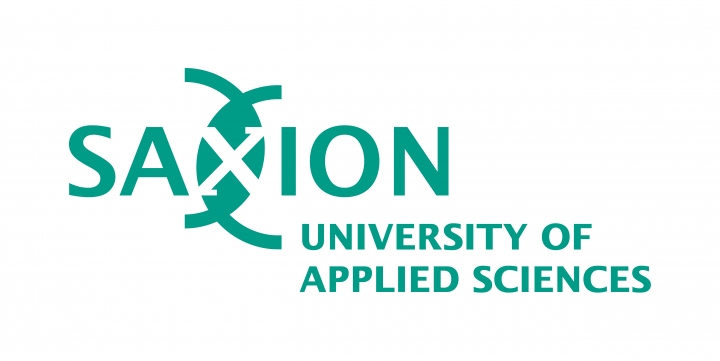M.H. Tromplaan 28, 7513AB Enschede
Handelskade 75, 7417DH Deventer
Spoorstraat 29 7311PR Apeldoorn
Saxion University of Applied Sciences is one of the largest institutions of higher education in the Netherlands, with close to 27,000 students (and still growing!).
Saxion University has a rich history - its roots can be traced back to 1875. A merger of two educational institutions, the Hogeschool Enschede and Hogeschool IJselland, paved the way for Saxion University in its present form in 1998. This merger enabled Saxion to build further on its strong position in Dutch higher education and since then Saxion University has come to be recognised as an important knowledge institute at a regional, national and international level.
Saxion University of Applied Sciences offers security related education and research.
Security related Bachelor programmes are:
- Advanced Forensics: Learning as a researcher about traces in traffic safety, fire safety, working and living safely, digital safety and safety in the streets.
- Security Management: Learning how to prevent criminal activities in businesses like fraud, cybercrime or terror and how to act when they happen.
- Integral Safety: Learning to become a safty expert with fires in industrial areas, dangerous working situations, transport of hazardous materials, event organisation or problems in poverty districts.
Security related Research groups are:
1) Public Security (lector Remco Spithoven)
- Focus on the prevention of victimization of cybercrime among young people, the elderly as well as Small and Medium Businesses. Digital fraud is one of the main cybercrimes we aim to prevent. Relevant projects: Raak Publiek Cyberweerbaarheid, De Corona-crisis als cyberkeerpunt, Lokale Cyberweerbaarheidsmonitor.
- Focus on a proper balance between Artifical and Human Intelligence in the area of Public Security. We claim that there is too much attention for technologies and too less attention for the attitudes and experiences of professionals using these technologies. Despite all rhetoric there is still little know about how technologies such as big data and predictive analytics can be applied in this domain. Relevant projects: NWO call Data and Intelligence, Ervaringen in de digitale frontline.
2) Resilient Democracy (lector Willeke Slingerland)
- Collaboration within the consortium The Data Tales. An interdisciplinary consortium including VU, Eindhoven University of Technology, RUG, DUO, SVB, Achmea in which we use combined data analysis techniques to investigate what a customer journey looks like, whether hate speech can be detected in time and how AI can be used in investigations. Our professorship is part of the ethics working group within all of this.
- Subversive crime is our core business. We conduct research -on behalf of the Municipality of Eindhoven and the ministry of BZK- in subversive crime and resilient governance. Amongst using network analyzes and threat assessments (corruption, state threats, cyber threats, organized crime, money laundering, intimidation and extortion, etc.). We have also been National Rapporteur for the European Commission on corruption and fraud expert for 6 years. And we work together with, among others, FIOD and the National Criminal Investigation Department, taskforce RIEC, Transparency International.
- Social media use by administrators and key figures and consequences for their resilience. We have developed a resilience scan & check in collaboration with Taskforce RIEC and BZK for local government and political parties
3) Advanced Forensics technology (lector Jaap Knotter)
- Focus: Remote sensing for detection, nano forensics, forensic robotics, silent witness, cold case research, data science technology for solving homicides & detection drug labs, use of satellite data for investigation purposes, machine learning, deep learning, AI.
4) Smart Cities (lector Mettina Veenstra)
- Focus on the use of technology and data to improve decision making and policy making in cities and regions. Our approach is socio-technical. We develop software and apply data science and responsible and explainable AI with special attention for public values, collaborative governance, citizen participation and critical citizens. More info about the different themes.
5) Business Models and digitalisation (Lector Timber Haaker)
- One of our focus is digitalisation in business eco-systems to understand the values exchanged between stakeholders and relation to business model innovation. Through one of our PhD promovendus, Thierry Tartarin, we study the role of drones for safety and security in the digital set up of offshore wind farms and waterways management and control. Research focuses of applications of drones, data management, value creation including cybersecurity and relation to circular economy principles.
Research Programme SPRONG (Senior researcher Bruno Verweijen)
Saxion, The Hague University of Applied Sciences and NHL Stenden Universities of Applied Science, are leading a national research programme SPRONG Cyberweerbaar NL (funded by SIA). The goal of Cyberweerbaar NL is to enhance cyber resilience throughout the Netherlands. To accomplish this, a large number of local, regional and national partners and other knowledge institutions have joined the consortium and collaborate together.
Specialised in
Activities within Security Delta

Looking Back at ONE Conference 2025

Development Cyber Crisis Monitor: Learning from Cyber Incidents
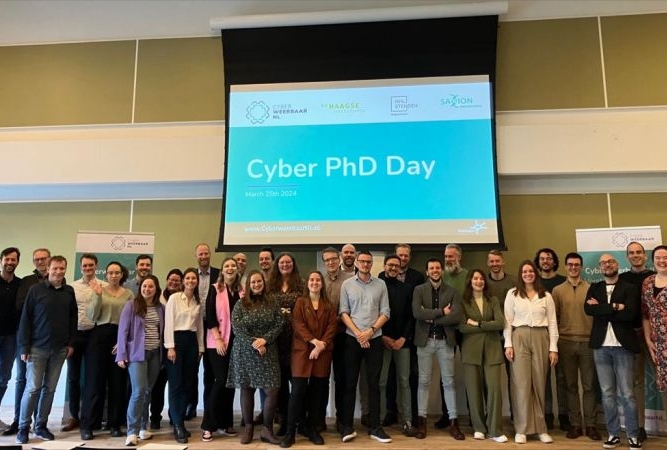
Cyber PhD Day: Knowledge Sharing Between Universities of Applied Sciences in NL
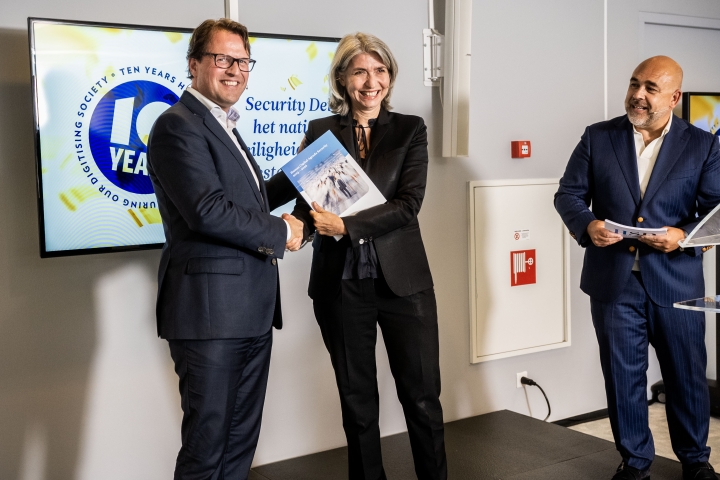
Collective Action Required to Solve Shortage of Cyber and Security Talent
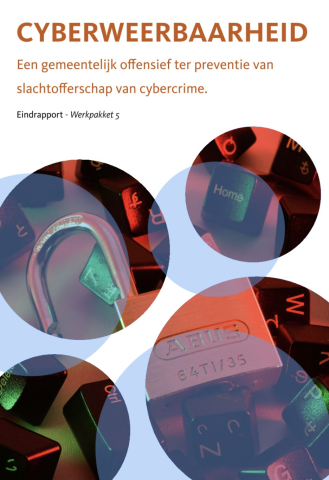
Eind rapport RAAK Publiek-onderzoek naar cyberweerbaarheid

Eindconferentie RAAK Publiek-onderzoek en aftrap van SPRONG-netwerk
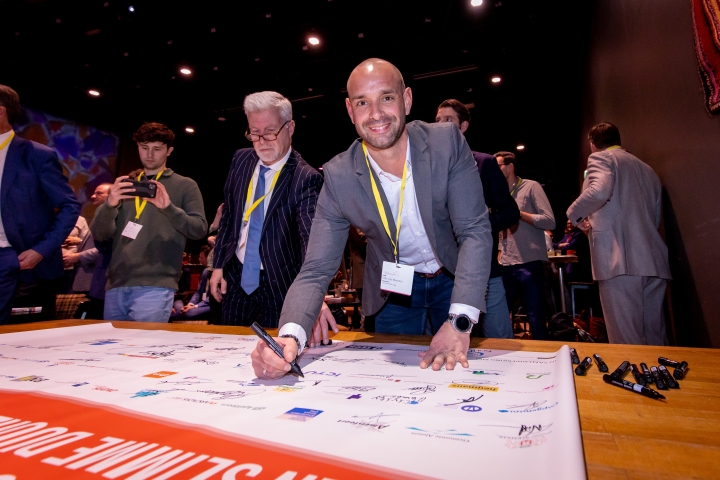
City Deal ‘A Smart City, That’s How You Do It’ Extended and Continued

Three Universities of Applied Sciences Get SPRONG Grant for Cyber Resilience Research

Digital Security of the Netherlands Congres
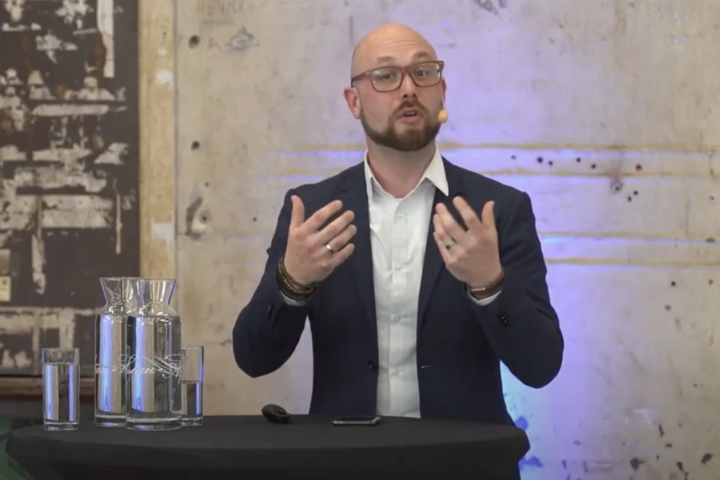
Institutes for Higher Education Join Forces in National Lector Platform Security
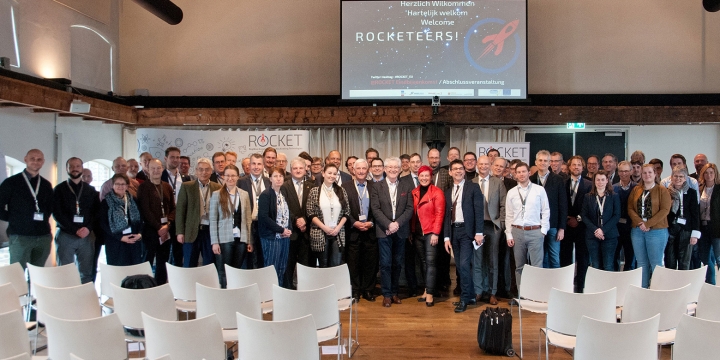
Lectoraat Advanced Forensic Technology sluit project ’’Ademforsa’’ succesvol af

Criminaliteitsbestrijding met big data: ‘We moeten vakmanschap meer gaan waarderen’
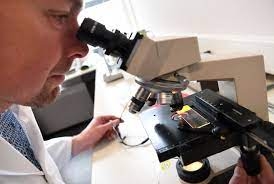
'Wij halen het lab naar de plaats delict'


